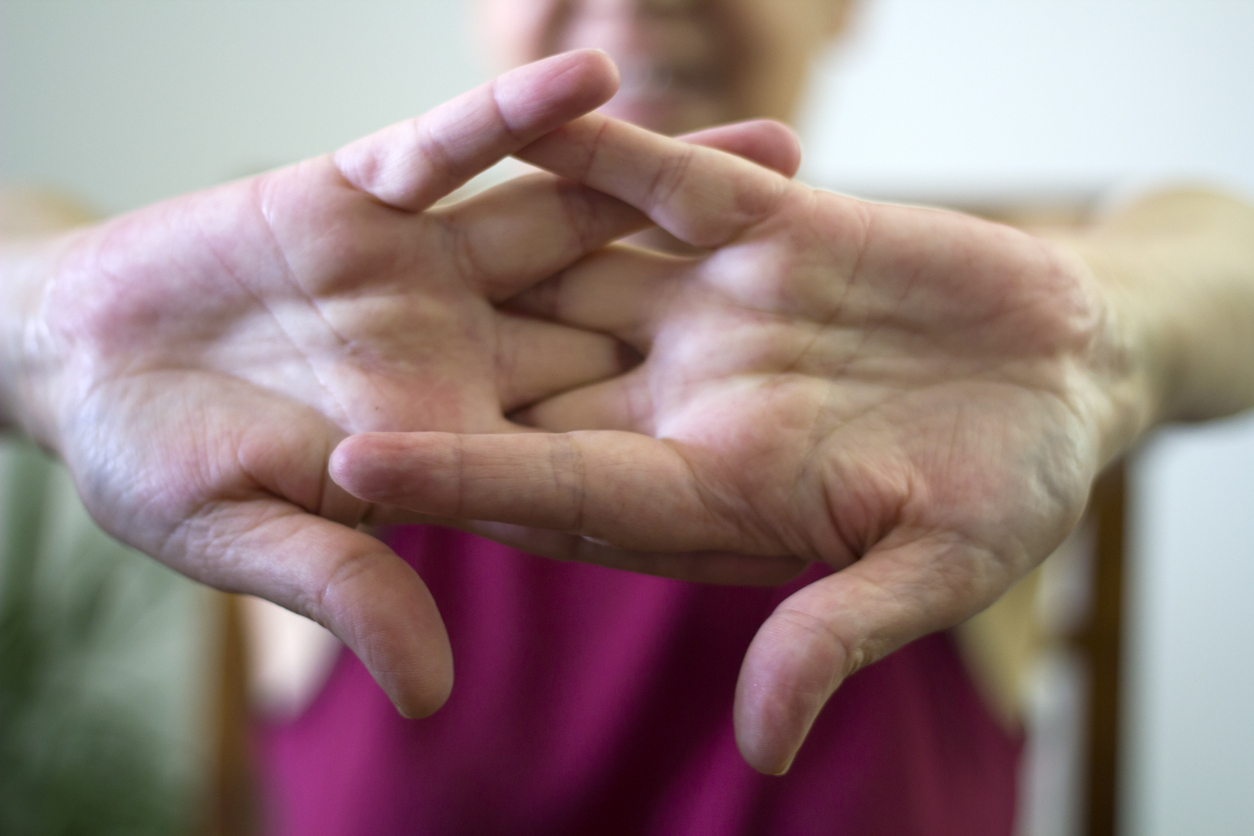
Most of us have heard the old wives' tale 'if you crack your knuckles, you'll get arthritis'; but how much truth is in it? For those that enjoy the daily habit of a good knuckle-cracking, the good news is this is not the case.
The sound that we hear when we crack our joints all comes down to cavitation; the formation of bubbles within a liquid which can occur when there are sudden changes in pressure.
Most of our joints—including our knuckles—are filled with a substance called synovial fluid which lubricates the joint and provides the cartilage with nutrition. When a sudden force is applied to the joint, such as when you crack your knuckles, cavitation can occur in the synoval fluid creating a cracking or popping noise. These bubbles have no impact on the health of our joints and do not cause arthritis.
But what about creaky knees? It is common for people to experience grating and grinding in their knees, especially when walking up stairs or bending down to pick something up. This noise is known as crepitus.
As with cracking knuckles, creaky knees can also occur because of cavitation in the knee joint, or it could just be part of the ageing process.
As we get older the cartilage in our knees becomes less smooth much like the wrinkles that appear on our faces. This can create friction between the joint surfaces resulting in grating or grinding noises when we load our knees. Sometimes crepitus can be present in people with knee pain, but for most of us its just noise.
The bottom line is that our joints can make all sorts of noises. If you have cracking or crepitus in your joints but no pain, this is generally nothing to worry about. However, if these noises are associated with pain or swelling, it is time to consult your physiotherapist or other health professional for advice.
Regardless of how noisy your joints are, the most important thing is to keep them healthy with a moderate amount of weight-bearing exercise each day. Your (noisy) joints will thank you!

AUTHOR: Dr Natalie Collins is an APA Sports Physiotherapist and Lecturer in Physiotherapy at UQ's School of Health and Rehabilitation Sciences. Her research focuses on optimising prognosis and outcomes for people with patellofemoral pain across the lifespan, including patellofemoral pain in adolescents and young adults, and patellofemoral osteoarthritis in later life. Dr Collins has a particular interest in exercise and foot orthoses for patellofemoral pain conditions, and understanding the mechanisms of treatment effects.



